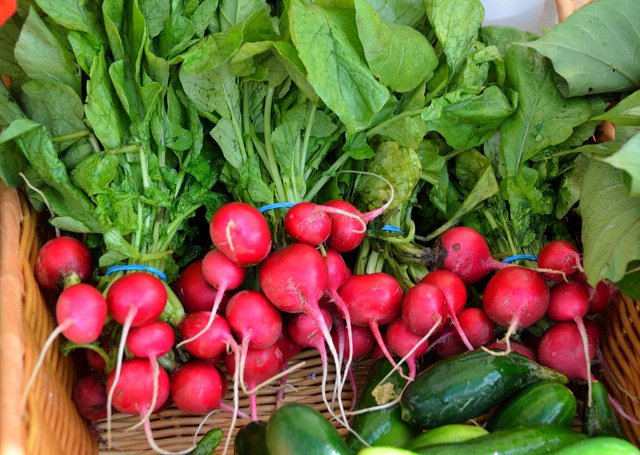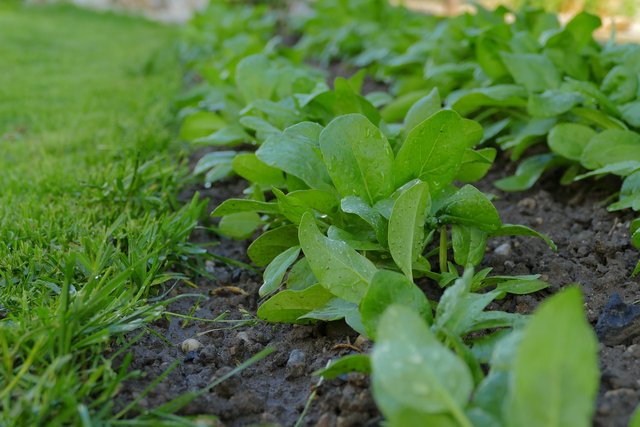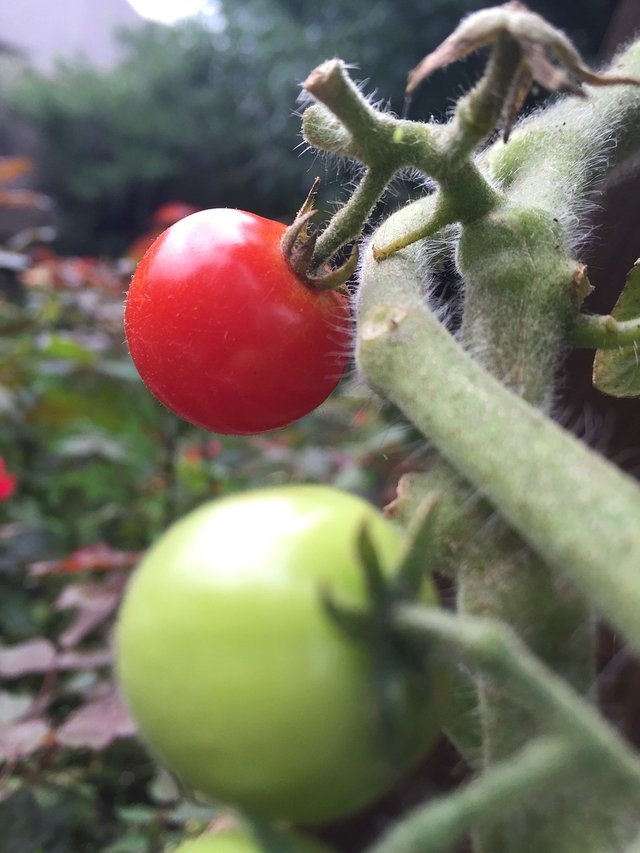Concern Over Agrochemicals In Farming Fuels Alternative Growing Movement

The first use of synthetic pesticides in farming came about back in the 1930s, over time the use of these chemical pesticides has risen substantially, including use of herbicides, insecticides, fungicides, and others. As a result of research into chemical weapons, during WW2 knowledge of synthetic chemicals increased rapidly. Following the war, the use of synthetic chemicals increased sharply. It wasn't long until many farmers started to rely heavily on these chemicals to grow their crops.
Now, we've seen that hundreds of insects and weed species have developed pest resistance as a result of these chemicals being so prevalent in our environment.
"It was only gradually that people began, to see the deterioration of the soil,.." - John Butler, lifelong farmer

With the implementation of different agrochemicals in the market, it quickly inspired a movement to return to more natural ways of farming because people had concern and wanted less chemicals on their food and in the soil, some could see that something was wrong with that approach.
As farmers sought to achieve higher yields and rushed to include the use of pesticides and more, it's come at the expense of the soil. And soil researchers have been warning for years now that it's time to stop punishing and destroying the soil. It's given rise to a growing interest in turning back to natural farming methods that can bring life back to the soil.

"A good farmer [is going to leave] the land better than he farmed it." - J Butler
Back in 1946 in the U.K., the charity known as the Soil Association was founded, to try and promote better farming methods. They are also a leading organic certification body today. In various countries, you can find a growing interest for turning away from agrochemicals, there's an interest for more natural farming techniques. This might include more focus on crop diversity, crop rotation, and other practices.
Because of harmful farming methods that have been used, the soil has suffered greatly and it's given us less nutritious fruits and vegetables as a result.
Researchers have previously found that nutritional data compared to produce that was grown decades ago, back in the 1950s, shows that produce grown now has much lower levels of calcium, protein, iron, phosphorus, vitamin B2, and vitamin C.
The United States is reportedly losing soil at a rapid rate and is said to only be getting worse. Soil erosion is now a top concern with many farmers not only in the United States but in various countries worldwide.
"There's no soil erosion with good farming." - J Butler
Could it be a symptom of utilizing those questionable farming methods that have been used for decades? There are some farmers who insist that with good practices that you don't need to worry about soil erosion, certainly not at the rate that farmers are concerned about it now.
Pics:
pixabay

This post has been voted on by the SteemSTEM curation team and voting trail. It is elligible for support from @curie.
If you appreciate the work we are doing, then consider supporting our witness stem.witness. Additional witness support to the curie witness would be appreciated as well.
For additional information please join us on the SteemSTEM discord and to get to know the rest of the community!
Please consider setting @steemstem as a beneficiary to your post to get a stronger support.
Please consider using the steemstem.io app to get a stronger support.